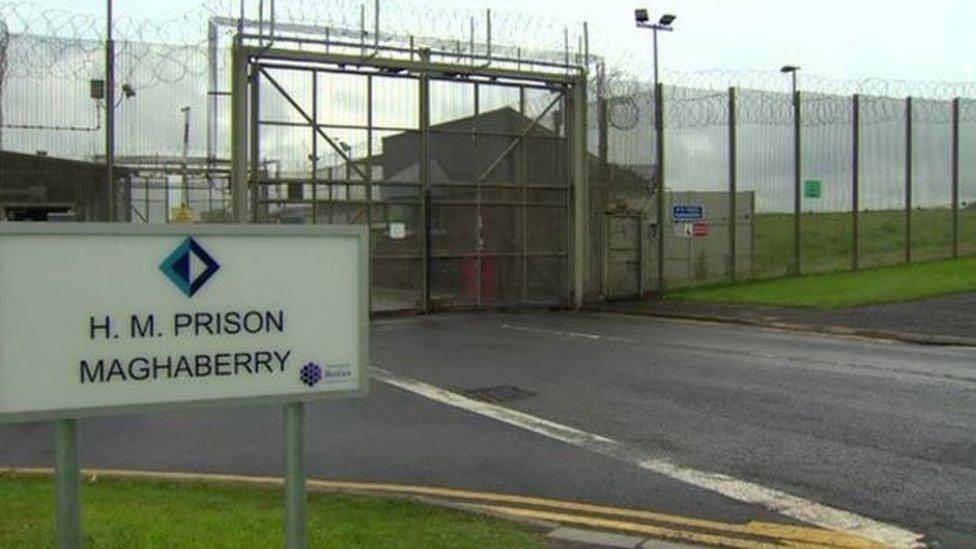Maghaberry Prison: Concern for vulnerable inmates
- Published

A report in May 2015 labelled Maghaberry one of the most dangerous prisons in western Europe
Inspectors have once again expressed concern about the care of highly vulnerable prisoners at Maghaberry Prison.
They said care plans for some men at risk of suicide and self-harm remained unacceptable.
The Criminal Justice Inspection (CJI) said the cases required urgent attention.
It added that important lessons have not been learned from inquiries into deaths of prisoners in custody.
The prison service said the criminal justice system is not equipped to deal with people with serious mental health problems.
Drugs problem
Inspectors said progress has been made since a report in May 2015 which described Maghaberry as being in a state of crisis and labelled it one of the most dangerous prisons in western Europe.
The latest in a series of of follow up reports published on Tuesday welcomed "the drive, determination, innovation and creativity shown by the leadership team and staff to stabilise the prison and improve the outcomes for those committed to their care".
It said healthcare and educational provision is improving.
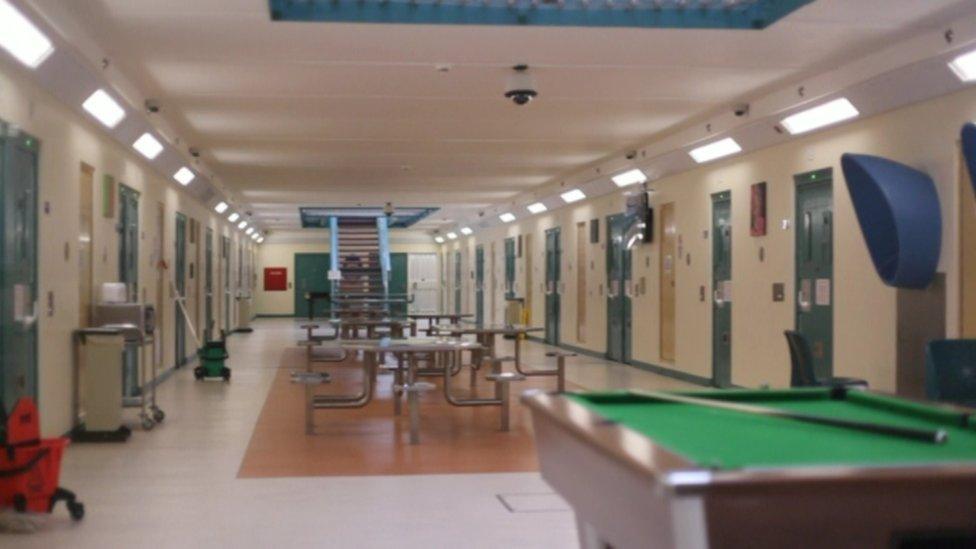
Inspectors praised efforts to reduce abuse of illegal substances
The day-to-day regime is described as stable and reliable, with fewer restrictions around movement and activity than during previous inspections.
The inspection team also praised efforts to tackle the drugs problem within the prison.
But that progress does not extend to the management and care of vulnerable prisoners.
'Broken record'
This is an issue CJI and others have raised before.
Nine months ago, CJI chief inspector Brendan McGuigan told the BBC he was frustrated at the lack of action over recommendations made two years previously.
He has again raised issues.
"I am concerned that despite the critical reports into deaths in custody and serious self harm, some important lessons have not been learnt," said Mr McGuigan.
"I probably do sound like a broken record on this issue, but this is about the lives of prisoners and their lives count just the same as everybody else's."

Brendan McGuigan said he is frustrated at the lack of progress
He added: "These are extremely vulnerable people who deserve the care and attention, and I believe that for as long as people are being sent to the prison, then that responsibility lies on the prison service.
"The management and delivery of effective Northern Ireland Prison Service care plans for some men assessed to be at risk of suicide and self-harm remains unacceptable and requires urgent attention."
The chief inspector said further work was required by the wider criminal justice and healthcare systems to provide alternatives to custody for highly vulnerable prisoners.
'Wasted opportunity'
Last November, the then justice minister Claire Sugden told the BBC a dedicated secure facility in Northern Ireland for people with serious mental health problems would be considered as part of a review of care for vulnerable prisoners.
The review was to be carried out by the departments of justice and health.
Since the collapse of the Northern Ireland Assembly, that review has been on hold.
However, Mr McGuigan said he was frustrated at the lack of progress because Maghaberry was not an appropriate environment for people with serious mental health problems.
"I haven't seen any progress in relation to to that so I am extremely disappointed," he said.
"It's a wasted opportunity.
"Maghaberry Prison does not provide a therapeutic environment."

Ronnie Armour accepted more needs to be done to improve care for vulnerable prisoners
The head of the Northern Ireland Prison Service, Ronnie Armour, welcomed the positive aspects of the report.
"By and large the report paints a very positive picture," he said.
"It is encouraging that the inspectorate is no longer using words like 'crisis' or 'unstable', in fact they're saying the opposite."
He accepted that more needed to be done to improve the care of vulnerable prisoners, and said the prison service had an action plan with implementation targets.
Mr Armour also agreed that prison was not an appropriate place for people with mental health problems.
"There is also now a wider recognition in judiciary and inspectorate that the criminal justice system is not equipped to deal with people who suffer mental health difficulties," he said.
"This is not an issue which the prison service can resolve alone but we can and will contribute to work as recommended by the inspectors."
- Published18 April 2018
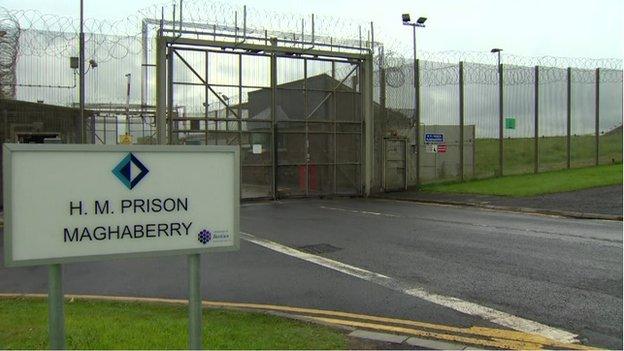
- Published23 November 2016
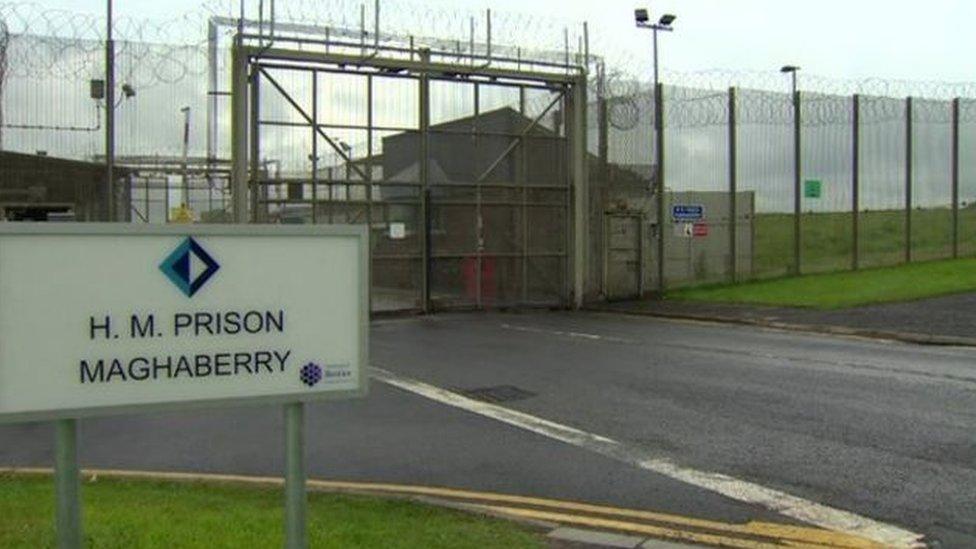
- Published21 November 2016
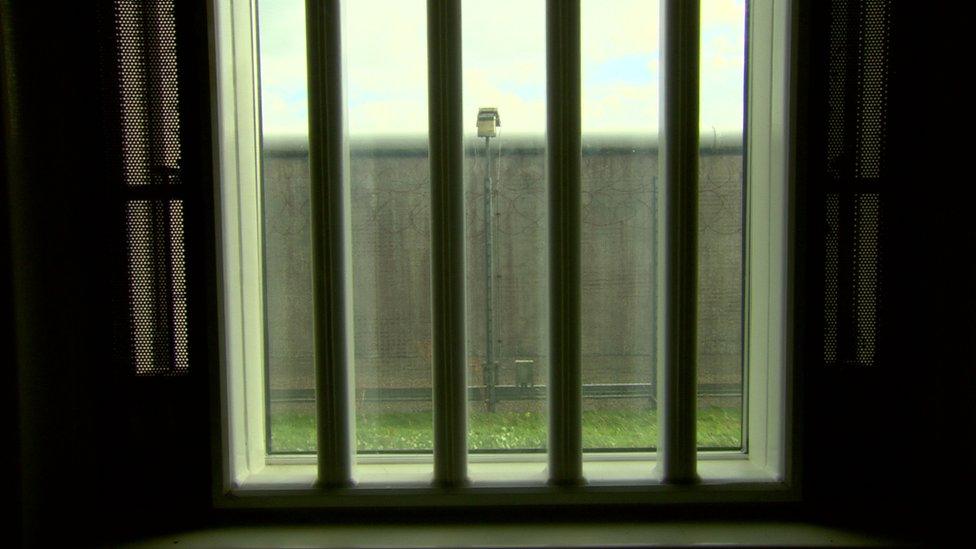
- Published13 October 2016
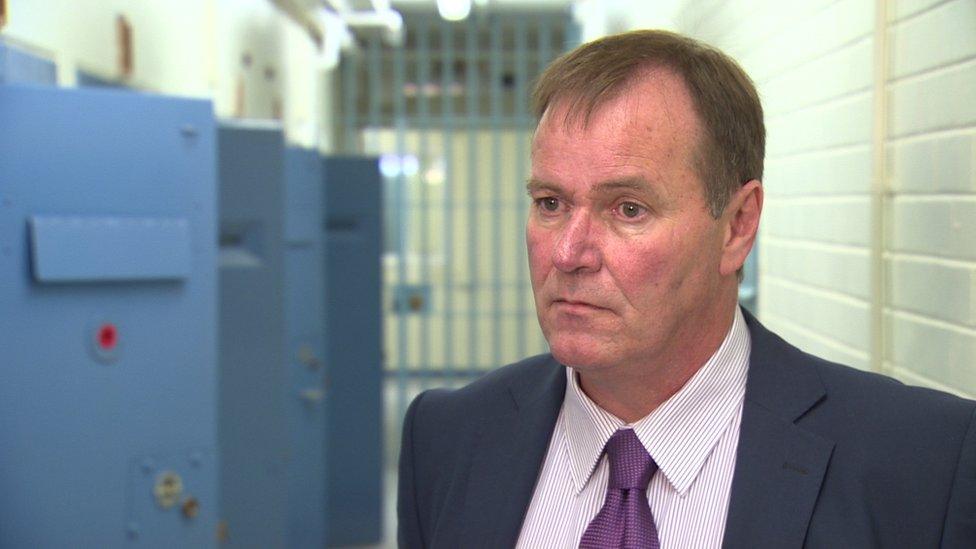
- Published14 September 2016

- Published13 August 2016
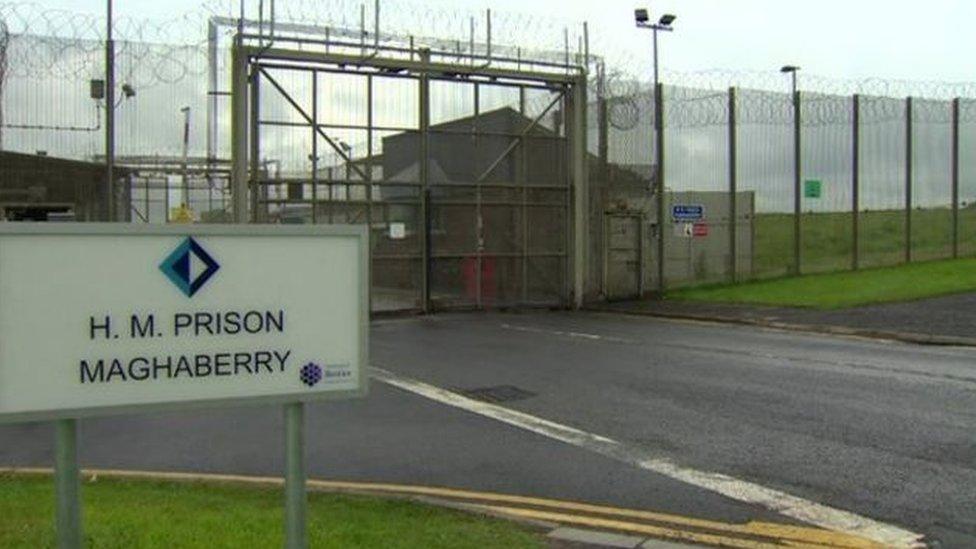
- Published24 February 2016
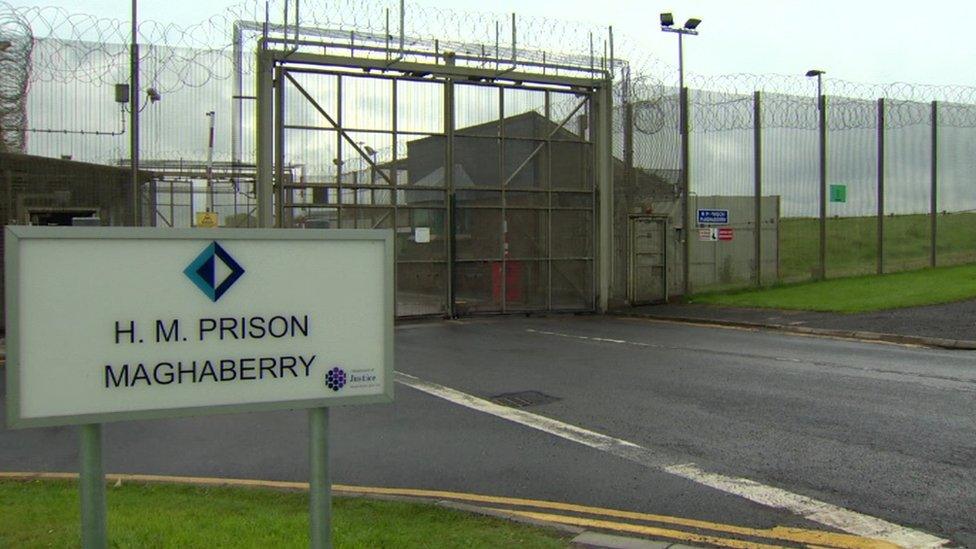
- Published23 February 2016
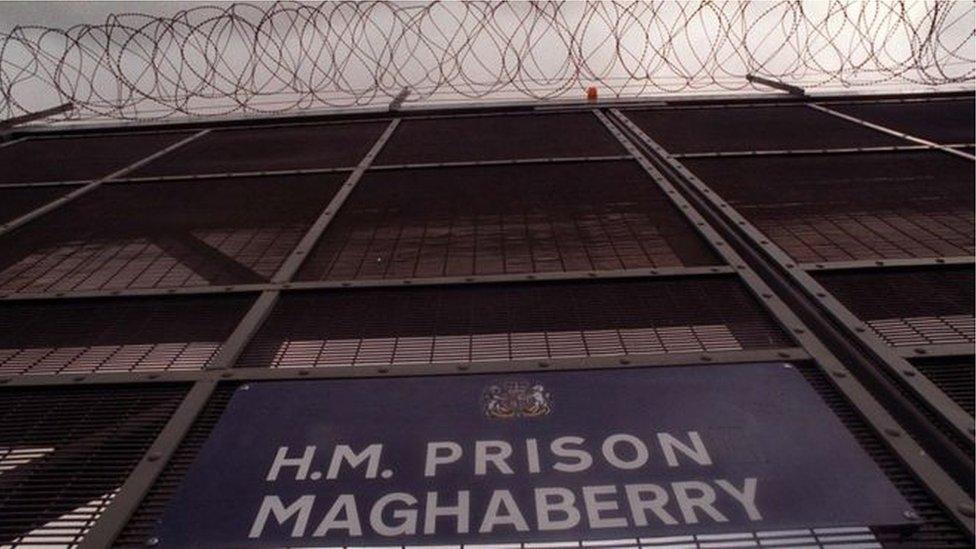
- Published4 January 2016
